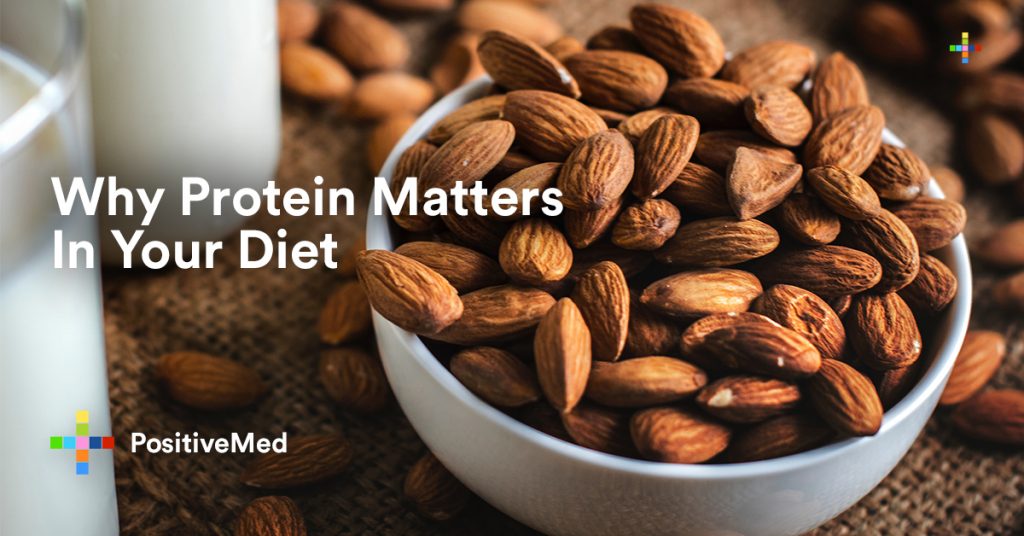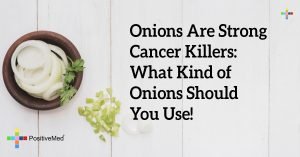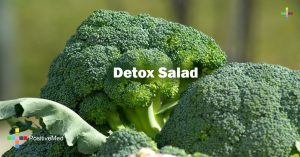Everybody needs a certain amount of protein to survive. Many people who don’t study nutrition choose foods based on availability, affordability and taste without even considering health factors. Luckily, even what is considered “junk food” has a certain amount of protein, despite high amounts of sodium, artificial flavors, and preservatives. If your goal is to pursue a healthy balanced diet, you need protein to be a key part of your meals.

Different Types of Protein
Protein is found in a wide variety of foods spanning the spectrum of fruits, vegetables, meats, beans, nuts, and grains. But not all proteins are equal, as some are healthier than others. One reason why there are widespread disagreement and confusion about protein is that there are so many different subcategories of it.
Whey protein, for example, is divided into subcategories of whey protein isolate (WPI), whey protein concentrate (WPC) and whey peptides. Each one of these types of proteins has different properties and affects individuals differently. Whey protein, for example, is a liquid derivative of milk from the cheese manufacturing process. Most of the cow’s milk, however, contains casein protein, which is what makes up cheese. Some of the important benefits of New Zealand whey protein include:
• helps build muscle strength
• leads to lean body mass
• lowers blood pressure
Protein is also a controversial topic within the nutrition community, as even many experts disagree which proteins have health benefits and which ones have risks. However, from an objective scientific perspective that is not tainted by commercial interests, it’s still possible to at least develop a clear understanding of what protein actually is and why it’s essential for survival. Recommended daily intake (RDI) for protein in New Zealand varies depending on age and gender.
Scientific Facts About Protein
Protein exists throughout the human body and is found in muscles, bones, skin, hair, organs, and tissues. It makes up the building blocks of enzymes, which are necessary for distributing oxygen to body parts through the bloodstream. Every human is comprised of at least 10,000 different proteins. When the body doesn’t get enough protein through food intake, it can lead to loss of muscle mass and weaknesses in the cardiovascular, respiratory and immune systems.
While animal sources usually provide all the necessary amino acids needed for survival, other protein sources usually lack one or more of the necessary amino acids. If you avoid meat, therefore, you need to eat a wide variety of fruits, vegetables, nuts, and grains to ensure you get the full range of amino acids to create new protein in your body.
On the other hand, heavy consumption of red meat has been linked to cardiovascular disease, type 2 diabetes, cancer and other health issues since animal protein contains high amounts of saturated fats. Another health risk associated with protein is that some people are allergic to certain foods such as peanuts due to the proteins they contain.
Foods Rich in Protein
• eggs
• fish
• almonds
• chicken breast
• turkey breast
• oats
• broccoli
• quinoa
• lentils
• pumpkin seeds
• brussels sprouts
• whey protein supplements
• green peas
• tofu
• spinach
• asparagus
• wild rice
• chia seeds
• strawberries
• guava
• blackberries
• apricots
• oranges
• watermelon
• grapefruit
Weight Concerns
Whether you are trying to lose weight or gain weight, protein consumption is an issue. Bodybuilders drink protein shakes and eat protein bars, while people trying to lose weight must make sure they do not cut too much protein out of their diets. High protein foods that work well with weight loss programs include spinach, artichokes, peas, grass-fed beef, wild salmon, turkey, chicken, chia seeds and beans.
Conclusion
If you aim to gain or lose weight, your body still needs a sufficient amount of protein. Learning the wide array of proteins can be challenging, which is why many people don’t bother. It’s easier to just choose foods that taste good from your local supermarket. Nevertheless, it’s helpful to balance your diet with protein to maintain good health.







